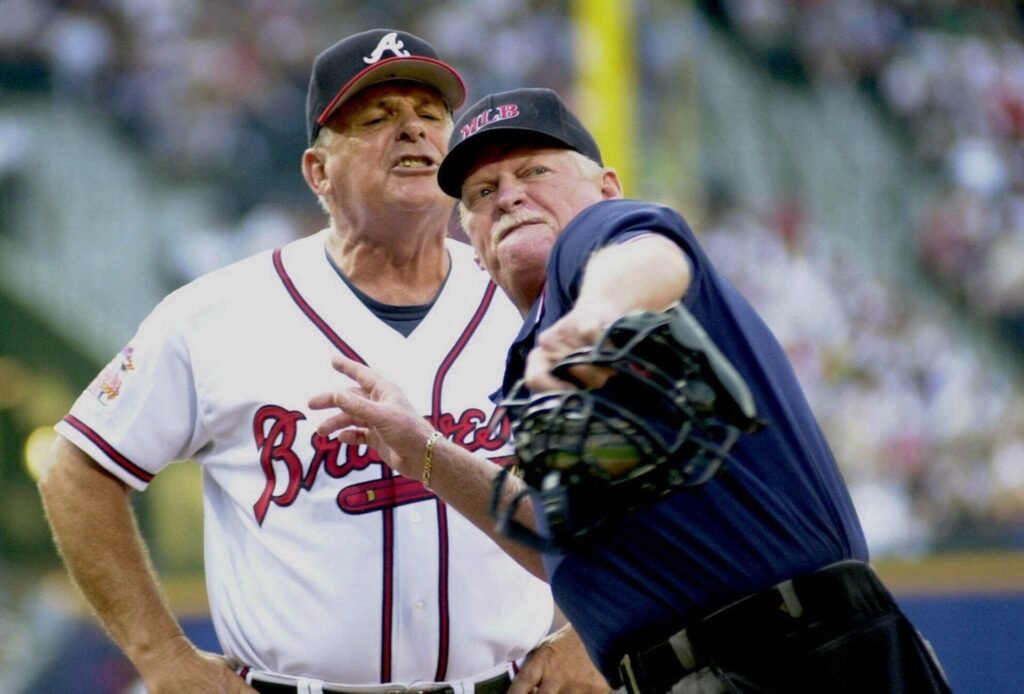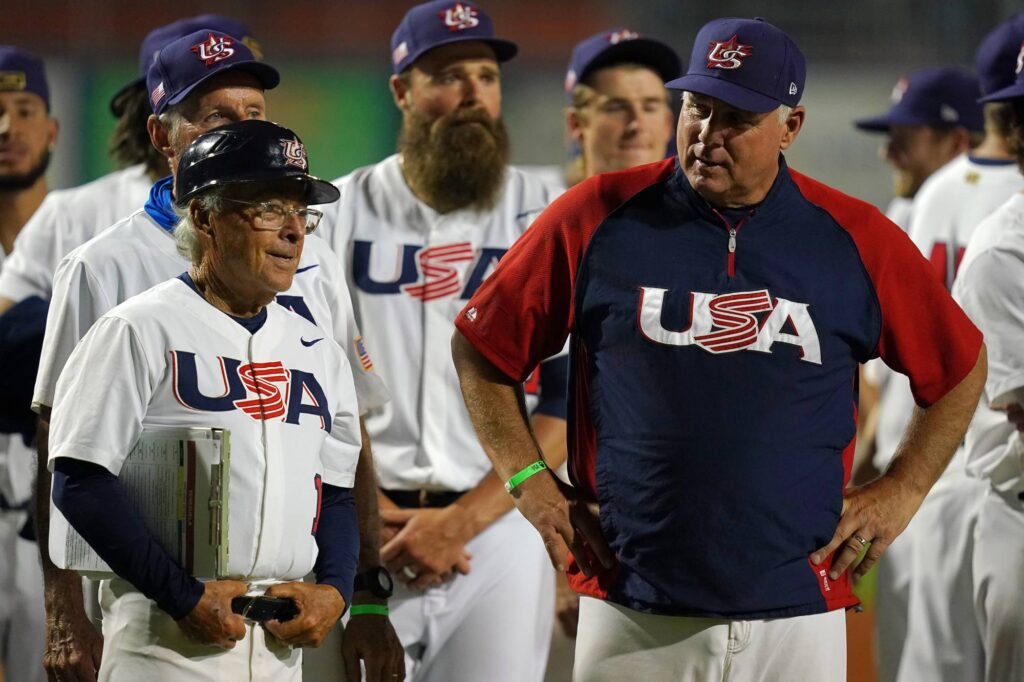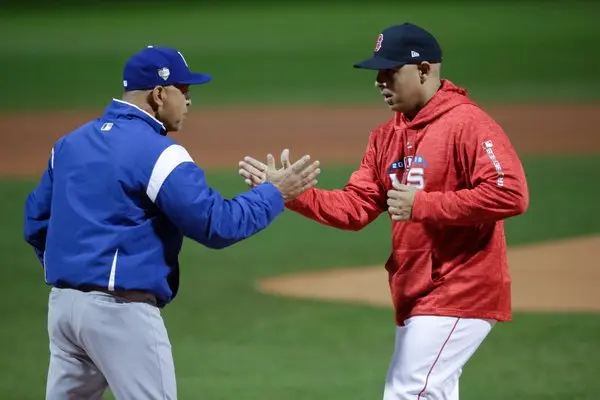Why Are Baseball Coaches Called Managers? 3 Best Reasons!
- February 19, 2024
- 0
Recently, while watching a baseball game, one of my friends asked me why are baseball coaches called managers? As we know, in almost all top sports that are
Recently, while watching a baseball game, one of my friends asked me why are baseball coaches called managers? As we know, in almost all top sports that are

Recently, while watching a baseball game, one of my friends asked me why are baseball coaches called managers?
As we know, in almost all top sports that are being played all over the world, there is a person who leads their team from the outfield, and mostly it is known as a coach. But when it comes to baseball, they call this person a manager instead of a coach. Why is that so?
Well, the answer is very interesting. Baseball is considered one of the oldest sports in the United States and was started in the mid 19th century. It was tradition at that time to refer to their team coaches as managers. Since then, in baseball, coaches have been regarded as managers.
But this isn’t the only factor that should be considered when calling baseball coaches managers; there are many others. Let’s Discuss each in detail.
In MLB the head coaches are regarded as managers. And the individuals in charge of training are referred to as coaches.
when baseball first came to be, it was the grown-ups who brought it into the world. Back then, everyone was considered quite mature, so they thought they didn’t need a formal coach to teach them how to play.

They didn’t look for a big boss to pay them or experts to show them the way.
But even in their confidence, they realized something important. They understood that someone needed to take charge of the team, handling everything from planning trips to giving out paychecks and looking after the money matters.
So, they came up with a special title for this person – they called him the manager.
A baseball manager shoulders a multitude of crucial responsibilities that extend far beyond the boundaries of the playing field.
The role of a baseball manager is akin to the conductor of an intricate symphony, orchestrating every note with precision and purpose.
With a cap perched and a lineup card in hand, they step onto the field, embodying a fusion of strategist, mentor, and motivator. Let’s delve into the intricate tapestry of duties that define the role:

A manager must be an adept communicator and motivator. They provide guidance, encouragement, and constructive feedback to players, helping to boost morale and foster a positive team dynamic.
Managers work closely with coaches to facilitate the growth and development of individual players. This may involve refining skills, improving weaknesses, and enhancing overall performance.
Managers collaborate with coaching staff to analyze opponents’ strengths and weaknesses. They formulate game plans based on this information, focusing on exploiting the opposition’s vulnerabilities.
In cases of player misconduct or disciplinary issues, the manager is responsible for maintaining team discipline and resolving conflicts in a fair and constructive manner.
Baseball is a dynamic sport with ever-changing scenarios. Managers must exhibit quick thinking and adaptability, especially in high-pressure situations, to make split-second decisions that can impact the game’s outcome.
Baseball managers wear uniforms for a variety of significant reasons. Firstly, it serves to promote a sense of unity and team spirit.
By donning the same uniform as the players, the manager becomes a visible and active part of the team, reinforcing the idea that they are all working towards a common goal.

This shared attire fosters camaraderie and a collective sense of purpose. Additionally, wearing a uniform allows the manager to lead by example.
It sends a powerful message that they are not merely an observer or figurehead, but rather a hands-on leader willing to be actively involved in the game. This action-oriented approach can inspire players and instill confidence in the manager’s decisions.
In conclusion, the designation of “manager” for baseball coaches carries a historical significance deeply rooted in the sport’s early development.
As baseball emerged, it was predominantly guided by adults who believed in their own maturity and self-sufficiency, dismissing the need for formal coaching. This pivotal role, encompassing a wide array of responsibilities, was aptly titled “manager.”
This term not only reflects the practical duties of overseeing the team, but also underscores the trust placed in this individual as the linchpin of the team’s success.
In baseball, a manager is the team’s leader, making critical in-game decisions, setting lineups, and overseeing overall strategy.
They handle media relations, player discipline, and long-term planning. Coaches, on the other hand, bring specialized expertise, focusing on specific skills like hitting or pitching.
In baseball, a “head coach” is not the same as a “manager.” The term “head coach” is more commonly used in other sports like football, basketball, and hockey. In baseball, the leader of the team is referred to as the “manager.”
Yes, a manager in baseball can also serve as a coach. In fact, it’s quite common for managers to have a background as a coach.